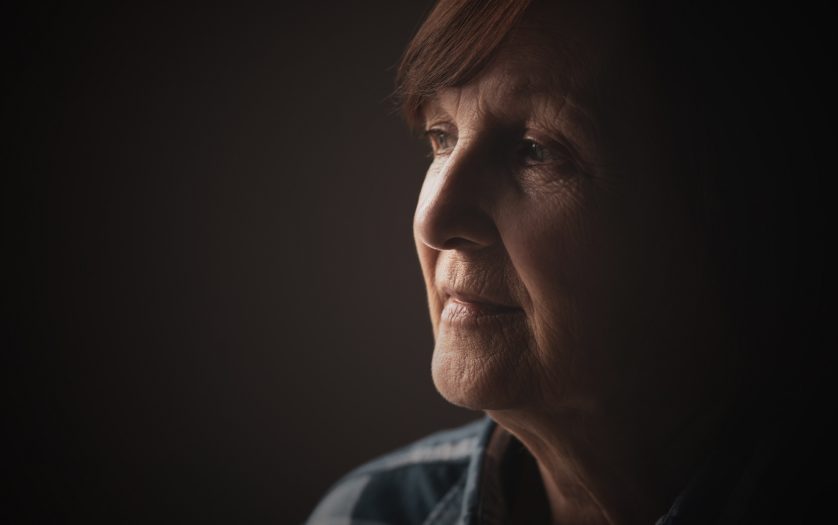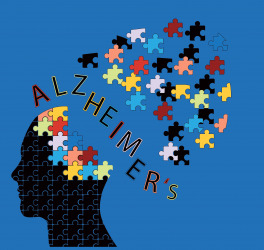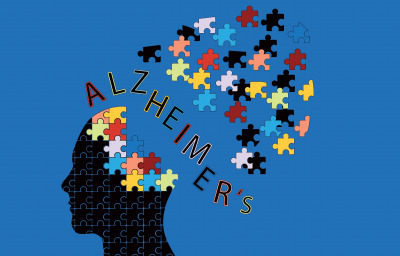
Research Associate Dr Miia Rahja from the College Medicine and Public Health has been awarded the 2021 Jeff Cheverton Memorial Scholarship to develop a Health Policy Issues Brief focused on programs which benefit the quality of life for Australians with dementia.
“The 2021 Royal Commission into Aged Care Quality and Safety report signalled out dementia care as one of four priority areas for immediate action,” said Dr Rahja.
The Issues Brief highlights weak application of existing evidence-based health interventions, the importance of recognising dementia as a health and social issue, the need for collaboration between allied health providers and care partners to achieve improved outcomes, and the need to address any stigma associated with dementia through improved education of healthcare professionals.
Dr Miia Rahja says Australians with dementia face increased challenges while the disease is not recognised as a disability. This limits the care that is available so appropriate recognition and subsequent care should be prioritised in government policy.
“Almost 75% of Australians with dementia live in the community and rely on informal care provided by their family or friends to be able to remain living at home, instead of moving to residential aged care. The complex needs of the person with dementia and the gradual increase in dependency can also significantly impact on the health and lifestyle of their care partner.”
“Care partners should be provided with access to preventative care which includes education and training around the disease, symptom management, as well as stress management for self.”
“Programs such as the NDIS increase recipient’s ability to access social and community activities, as well as informal support networks with care partners. Our issues brief highlights that allowing people with dementia to access funding and support schemes, such as the NDIS, will enable access to more targeted care and should be a matter of priority.”
The Issues Brief Key Recommendations:
- Informal care partners must be provided with access to supports at the time of diagnosis
- Allied health care providers should be adequately supported to provide evidence-based interventions
- Stigma towards people with dementia among health professionals should be reduced
- Dementia must be recognised as a disability and appropriate care should be provided








